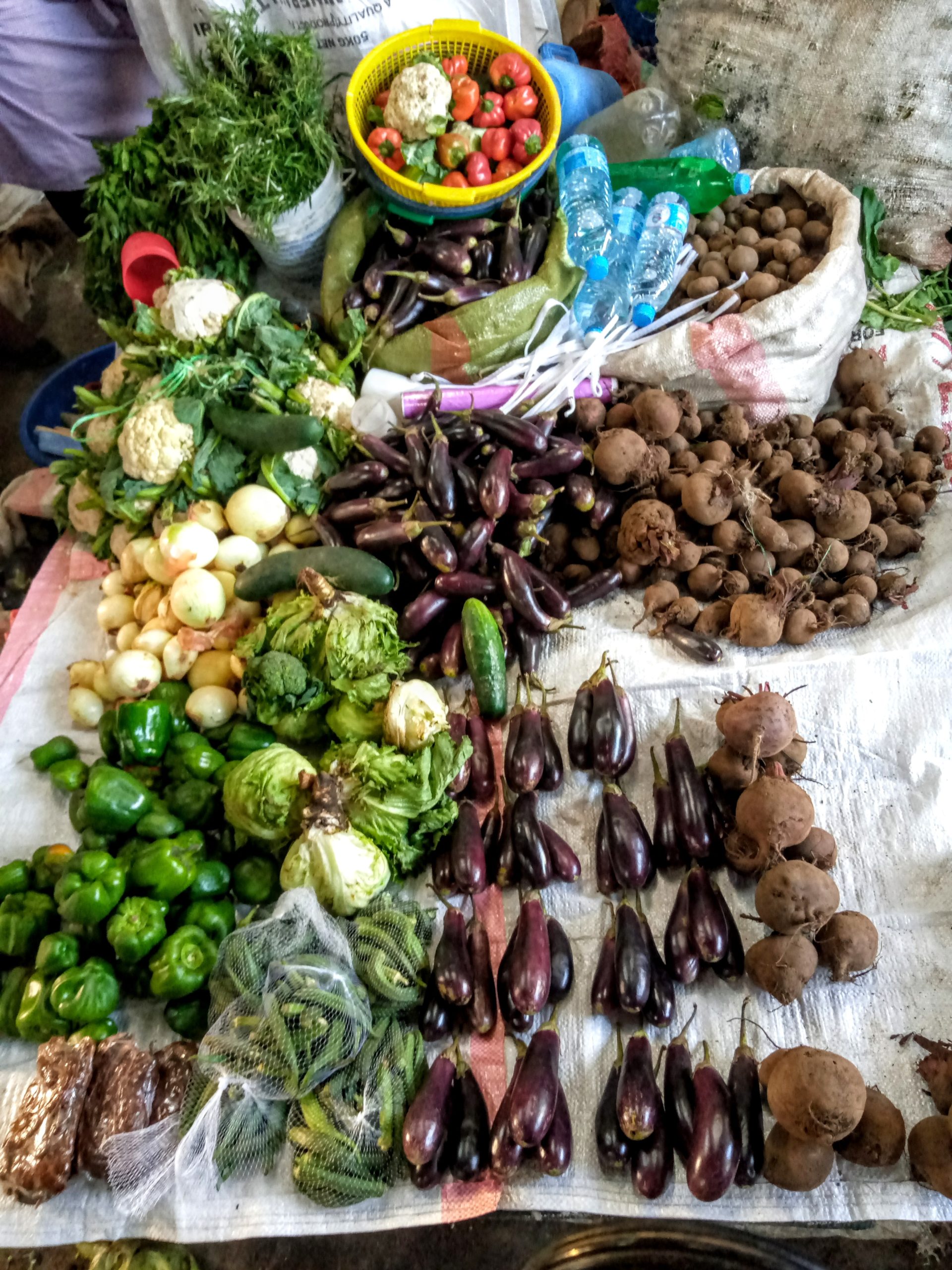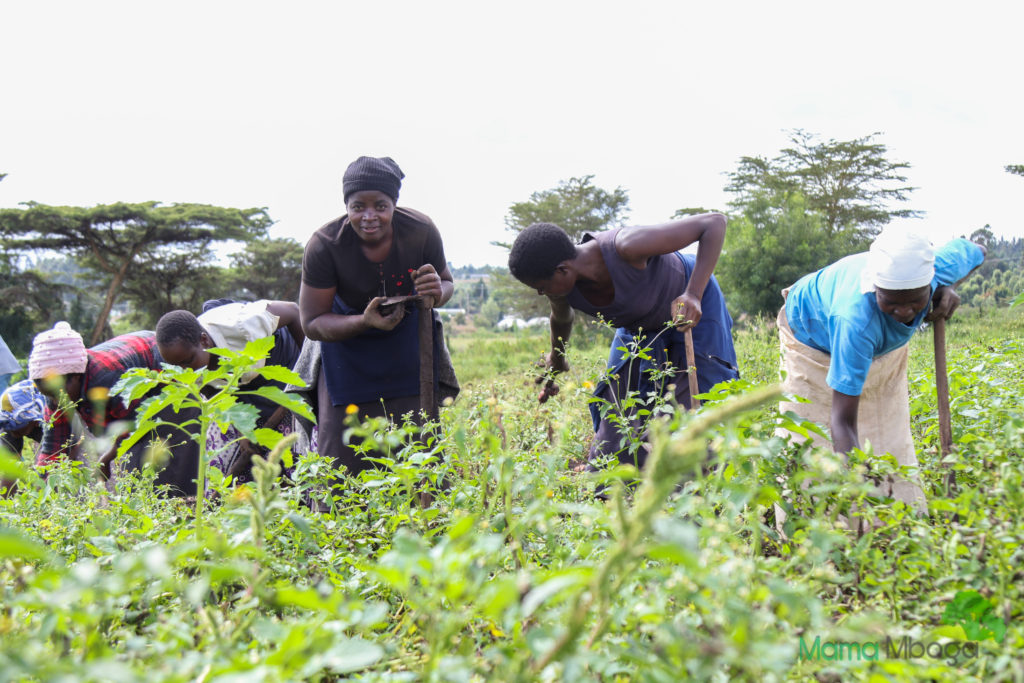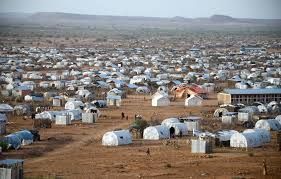
Taking stock of Chinese investment in the agriculture sector

By Pierra Nyaruai
In a crowd of people in any given Kenyan city or town population, it is becoming easier and easier to spot an Asian person, and even though there are some misconceptions based on the amount of money the country owes China, there are immense benefits that have come because of the country’s diplomatic relationship with China. One of the sectors that has been experiencing these benefits is agriculture.
The impact of Chinese investment in the continent can be traced back to the Africa scramble and partition era of the continent. In the 1970s China invested in creating the Zambia-Tanzania railway that opened the country and linked the once landlocked country to the Indian Ocean.
At the beginning of the millennia, Beijing hosted the Forum on China-Africa Development Fund in a bid to strengthen the relationship between China and Africa. The Africa-China Cooperation Summit fostered talks between leaders of the two geographical areas with President Xi Jinping pledging $60 billion to support eight major initiatives, one of which was a program to promote the modernization of agriculture in Africa.
Today, these efforts are bearing fruit in different aspects of agriculture. The program included sending agricultural experts, funding programs, and investing in infrastructure. The cordial investment relationship between China and Africa also reflects in different areas of the agricultural value chain.
James Irungu, who runs a Kenyan company offering irrigation services attests to the ease of access of material from China. “In the past, importing goods was quite a process as you had to know this whole chain of people from the point of origin. It was very expensive, which is why only a select few did it. Today, all I need is a phone app and my irrigation kits will be delivered to the country. This has really eased the process and made it easier for people like me, who have a small capital base, to start our businesses. So many people have been able to import things that they can use even for their farming projects.”
According to the United Nations Environmental Program, (UNEP) Africa holds 65 percent of the world’s arable land. A lot of the land is untilled and or underutilized due to lack of resources or inaccessibility. Coupled with other factors ranging from corrupt governments, poor financing options, and climate change, most African countries do not achieve their potential. With investments from China, small-scale farmers, cooperation, and NGOs have access to material, funding, and even expert guidelines on ways to increase production and invest in various value chains in the agriculture sector. The People’s Republic of China in 2011 signed a trilateral agreement with Liberia and Senegal to strengthen initiatives aiming at achieving continental food security.
Apart from a $30 million funding from the Food and Agriculture Organization (FAO) China Trust Fund, the agreement also included 24 Chinese experts and assistants to help with on ground training. Today, China has entered into more than 47 tripartite agreements in Africa, all signed with the aim of improving agriculture in Africa and being part of the process that will help it achieve its status as the world’s breadbasket. The Zim-China Wang Qing agriculture project was a brainchild an investment venture where the Zimbabwean government provided a Chinese firm with 700Ha to grow wheat. The project exceeded expectations and the firm now farms wheat, maize, soya, and tobacco on more than 10,000 Ha.
Alliance for a Green Revolution in Africa (AGRA) is a non-profit organization based in Kenya. In 2017, the China-Africa Agricultural Cooperation Strategy, was formed between AGRA and China to help leverage public and private resources from China and see how they could scale, sustain and help fuel the agriculture transformation in Africa. One of the most impactful projects under this partnership is the development of the rice value chainin Mozambique under the Hubei University. Rice is a staple food around the world and proper production, value addition, and storage could be the key to creating a concrete source of the food item for worldwide consumption.
This is just one of the projects under Chinese guidance or one funded by Chinese resources that is taking root and flourishing in Africa. And it is not just the government taking an interest, it is private investors as well. Lured by the presence of cheap labor, raw material, and promise for growth, there is a rush of them setting up agrovets, groceries and so much more.
Chinese influence in Africa has experienced can be seen even in the production phase of agriculture. Dragon fruit, a global food favorite that originated from Asia has, through the integration of Chinese culture in Africa, become a point of investment for curious African and Chinese farmers who migrated to Africa. The scope of this assistance grows daily and with it the hope to bring the continent back to its former glory of being a net exporter of agricultural produce as it was in the 60s.
The People’s Republic of China currently has a population of around a 1.4Billion people. This presents a ready and willing market for African produce. This is still so much unrealized potential for the continent to produce more and export more. Kenya, for instance, produces tea, coffee, and fresh flowers which they export majorly to Europe. As Chinese investment and assistance increases in Africa, production is about to also increase. With prospects to export, this presents an avenue that could potentially create more opportunities that could provide a ripple effect.
With the right blend of skills, technique, knowledge, and financial capacity, Africa could be well on its way to becoming the breadbasket of the world. As China continues to invest in the continent, there is already proof of the fruits the partnership is bearing. With a lot of skepticism going around about the intentions of the investments, there has been continuous work put in and viable results and perhaps, if more people were to judge on this basis and not the conspiracies flying around, there is a bright future for agriculture in Africa.






















Trackbacks/Pingbacks